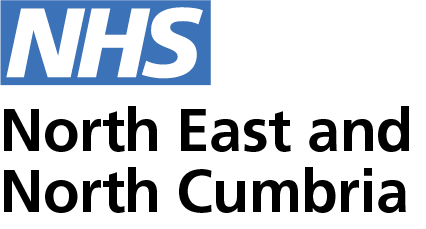Communication – providing and sharing information and updates on various issues.
Engagement – is a two-way process and gives people an opportunity to contribute to decision-making and service delivery and can be done in many ways.
Involvement – ensures people can be more involved with service improvement and change, given more information and access to NHS processes where their contribution and input is valued. Public involvement in commissioning is about enabling people to voice their views, needs and wishes, and to contribute to plans, proposals, and decisions about services.
Co-production – there are many definitions of co-production, but we mean involving people early, sharing our problems, challenges, and working together to help develop the solutions together. A co-production toolkit is available in tools and templates.
We have learned the importance of early involvement, clarity about the scope and the benefit of alternative views and energy in finding innovative solutions.
Lived experience – is where someone who has recent experience of a service can (and is supported to) share that experience with the intention of making changes and improvements.
Consultation – is a formal process used in service change and has some statutory (and legal requirements). In the NHS, the word ‘consultation’ has formal connotations, and this isn’t the same for local government colleagues. The process for this is rigorous and we are expected to engage thoroughly before going to public consultation and while developing options. Options for consultation must be developed through listening. This is known as pre-consultation engagement. This stage runs alongside modelling of options and the development of a business case.
A case for change will start the pre-consultation phase and engagement on this case for change will continue as research and modelling are being carried out.
Criteria to determine options to consult on will be developed and these should be discussed with interested parties. These will include hurdle criteria and evaluation criteria.
The Consultation Institute defines consultation as: “The dynamic process of dialogue between individuals or groups, based upon a genuine exchange of views, with the clear objective of influencing decisions, policies or programmes of action.”

